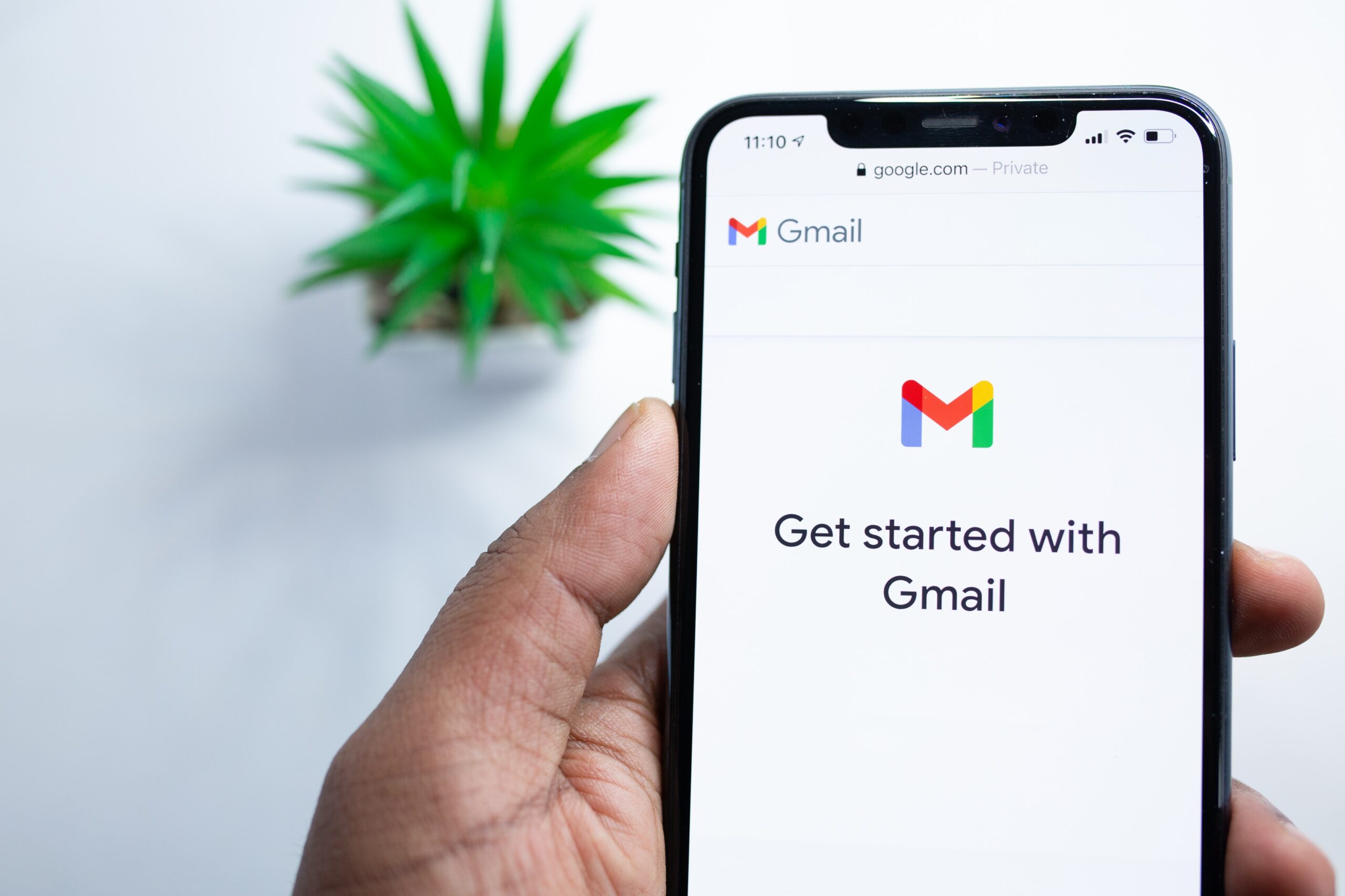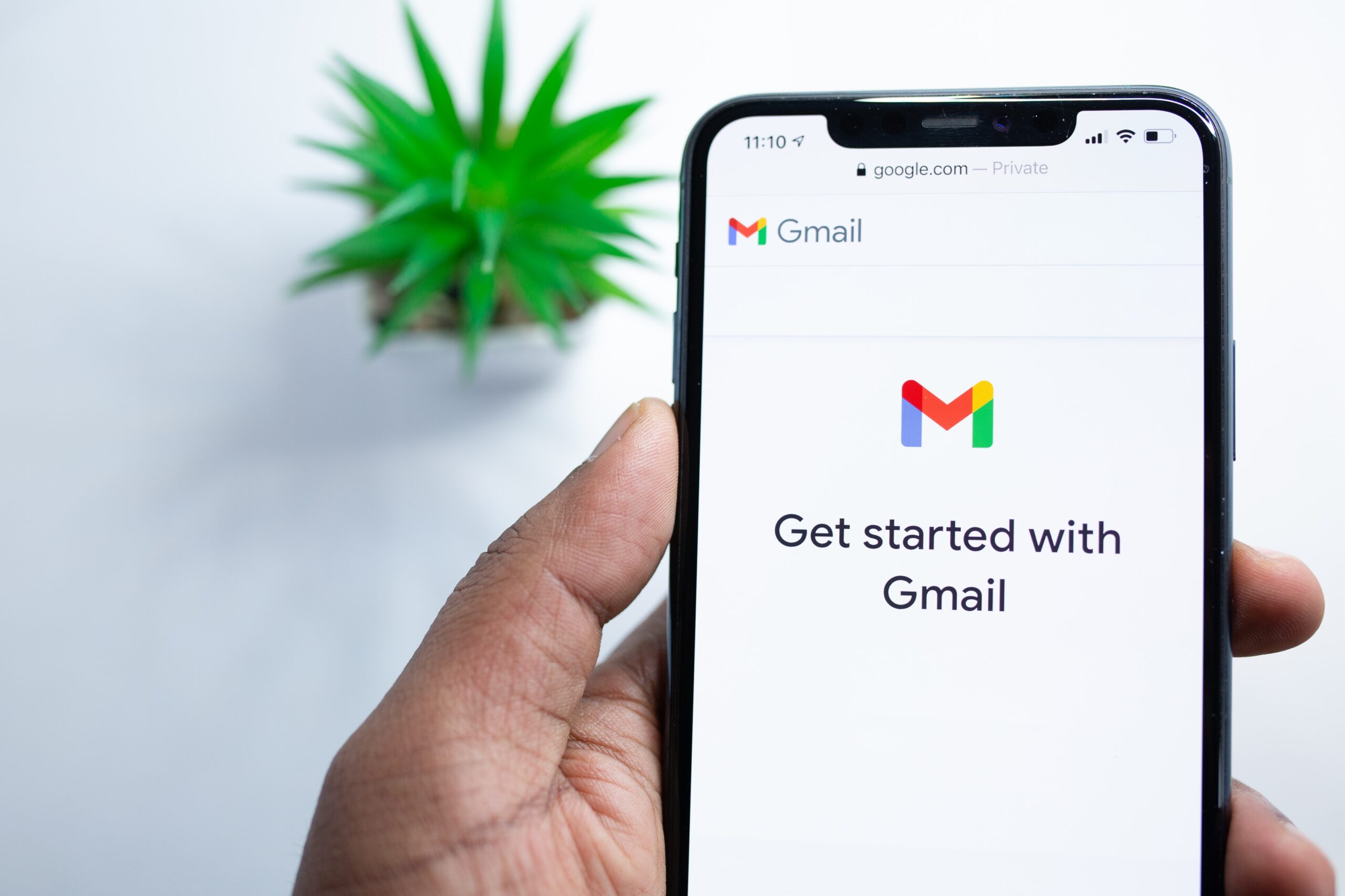In “Examples of email responses to decline a job interview,” you will find valuable guidance on how to politely and cordially turn down a job interview. The article highlights a range of valid reasons for declining, such as discomfort with company values or culture, financial sustainability concerns, dissatisfaction with current employees, poor fit for the position, incompatible working conditions, location difficulties, risk to current employment, or even receiving a better job offer. Additionally, the article provides helpful tips for effectively declining an interview, emphasizing the importance of being sure of your decision, maintaining politeness, responding promptly, keeping the communication concise, and sending the email to the correct contact. You will also find examples of email responses to guide you in crafting your own polite decline. Furthermore, the article offers guidance on providing a general statement when asked for a reason, promptly declining a second interview via email, as well as guidelines on accepting a first or second interview invitation, canceling an interview, and rescheduling.
Reasons for declining a job interview
Uncomfortable values and culture
One of the reasons you may choose to decline a job interview is if the company’s values and culture make you uncomfortable. It is important to work in an environment that aligns with your personal beliefs and values. If you feel that the company’s values are in direct contrast to your own, it may be best to politely decline the interview opportunity.
Financial sustainability concerns
Another valid reason to decline a job interview is if you have concerns about the financial sustainability of the company. It is essential to thoroughly research the company’s financial stability before committing to an interview. If you find that the company is facing financial difficulties or has a history of financial instability, it may be wise to decline the interview to avoid potential job insecurity.
Unhappy employees
If you come across information or learn through your network that the company has a reputation for having unhappy employees, this can serve as a strong reason to decline a job interview. Working in an environment where employees are dissatisfied can have a negative impact on your own morale and job satisfaction. It is essential to prioritize your well-being and choose an organization where employees are generally happy and fulfilled.
Poor fit with the position
One of the most common reasons for turning down a job interview is if you realize that the position is not a good fit for you. This can occur if the job responsibilities, required skills, or company expectations are not aligned with your expertise and career goals. It is important to evaluate your own qualifications and aspirations before proceeding with an interview. If you believe that the position is not the right fit, it is perfectly acceptable to decline the interview offer.
Incompatible working conditions
Working conditions play a significant role in your overall job satisfaction. If you discover that the company’s working conditions do not meet your needs or preferences, it is reasonable to decline the interview. For example, if you require flexibility in your work hours and the company has strict schedules, it may not be the best fit. By turning down the interview, you can ensure that you find a workplace that offers the working conditions that are important to you.
Location issues
The location of a job can also be a determining factor in whether or not to decline an interview. If the position requires relocation to an area that does not suit your lifestyle or personal circumstances, it is justifiable to decline the interview. Factors such as distance from family and friends, cost of living, and quality of life should be considered before committing to an interview.
Risk to current employment
Declining a job interview can also be necessary if it poses a risk to your current employment. For instance, if your current employer takes a dim view of employees actively seeking other job opportunities, it may be best to decline the interview to avoid potential repercussions. It is essential to weigh the potential risks and benefits of attending an interview while still employed.
Receiving a better job offer
Lastly, if you receive a better job offer while in the process of scheduling or preparing for a job interview, it is reasonable to decline the interview. It is important to prioritize your career opportunities and choose the option that aligns best with your goals. If a more enticing job offer arises, it is perfectly acceptable to decline other interview opportunities.
Tips for turning down a job interview
Be sure of your decision
Before you decline a job interview, it is crucial to be certain of your decision. Take the time to evaluate your reasons for declining and make sure they are valid and aligned with your personal and professional aspirations. Once you are confident in your choice, you can proceed with declining the interview opportunity.
Be polite
Turning down a job interview should always be done in a cordial and polite manner. Express your gratitude for the consideration and convey your respect for the company’s time and resources. It is important to leave a positive impression, as you never know if your paths may cross again in the future.
Be prompt
Timeliness is key when declining a job interview. As soon as you have made your decision, it is best to inform the company promptly. This allows them to make alternative arrangements and shows respect for their hiring process. Delaying your response can lead to inconvenience and may leave a negative impression.
Keep the communication short and simple
When declining a job interview, it is unnecessary to provide a lengthy explanation. Keep your communication concise and to the point. State your decision clearly and briefly explain your reasons, if requested. Avoid going into excessive detail or providing unnecessary information. Keeping the communication simple helps maintain professionalism and clarity.
Send the email to the right contact
Ensure that you send your decline email to the appropriate contact within the company. This may be the hiring manager, recruiter, or any other designated individual responsible for the hiring process. Double-check the email address and make sure you are addressing the right person. Sending your decline to the correct contact ensures that your message reaches the intended recipient.

Examples of email responses to decline a job interview
Example 1
Dear [Hiring Manager’s Name],
Thank you for considering me for the position of [Job Title] at [Company Name]. I appreciate the time and effort you and the team have invested in reviewing my application.
After careful consideration and reflection, I have decided to withdraw from the interview process. While I believe that [Company Name] is an excellent organization, I have come to the realization that the position is not the best fit for my skills and career goals.
I sincerely appreciate the opportunity and the consideration you have given me. I wish you the best of luck in finding the ideal candidate for the role.
Thank you once again, and I hope our paths may cross in the future.
Sincerely, [Your Name]
Example 2
Dear [Recruiter’s Name],
I hope this email finds you well. I wanted to express my appreciation for considering me for the position of [Job Title] at [Company Name].
While I am impressed by the opportunities [Company Name] offers, I have come to the decision that the role may not align perfectly with my long-term career objectives. Therefore, I would like to withdraw my application and decline the scheduled interview.
I want to extend my gratitude for the consideration and the time you and your team have dedicated to reviewing my application. I have enjoyed learning more about [Company Name] throughout the process.
I am confident that [Company Name] will continue to thrive, and I wish you the best of luck in finding the ideal candidate for the position.
Thank you again for the opportunity, and I hope we may have the chance to connect in the future.
Kind regards, [Your Name]
Example 3
Dear [Hiring Manager’s Name],
I hope this email finds you doing well. I wanted to reach out and express my sincere gratitude to you and the team at [Company Name] for considering me for the position of [Job Title].
After careful consideration, I have come to the decision that it is best for me to withdraw my application and decline the scheduled interview. I have had the opportunity to reflect on my career goals, and I feel that the role may not provide the necessary growth and development I am seeking at this stage of my professional journey.
I want to convey my appreciation for the time and effort invested in reviewing my application. I have been truly impressed by [Company Name]’s reputation and accomplishments.
Wishing you continued success in finding the ideal candidate for the role, and I hope our paths may cross again in the future.
Best regards, [Your Name]
Providing a reason
When declining a job interview, you may be asked to provide a reason for your decision. In such cases, it is best to offer a general statement that is truthful yet tactful. For example, you can mention that you have recently accepted another job offer or that you have reassessed your career goals and determined that the position is not aligned with your long-term objectives. Avoid going into unnecessary detail or making negative remarks about the company or the role.

Declining a second interview
If you find yourself needing to decline a second interview, it is crucial to do so promptly and professionally. Send an email to the appropriate contact expressing your gratitude for the opportunity and politely decline. Be sure to mention that you appreciate the consideration for a second interview, but you have decided to pursue a different path or that circumstances have changed.
Promptly declining a second interview allows the company to move forward in the hiring process without unnecessarily delaying their decision-making.
Guidelines for accepting a first or second interview invitation
When accepting a first or second interview invitation, follow these guidelines:
-
Respond promptly: Reply to the invitation within 24-48 hours to express your interest in the opportunity.
-
Confirm availability: Verify that the proposed interview date and time work for you. If there are any scheduling conflicts, propose alternative options.
-
Express enthusiasm: Thank the interviewer for the invitation and convey your excitement about the opportunity to discuss your qualifications further.
-
Request additional information: If necessary, ask for any additional details or clarification about the interview format, location, or any documents you need to bring.
-
Confirm logistics: Ensure that you have all the necessary contact information and directions to the interview location. Double-check the date, time, and expected duration of the interview.

Guidelines for canceling an interview
If you need to cancel an interview, it is essential to do so respectfully and as soon as possible. Keep these guidelines in mind:
-
Provide ample notice: Try to cancel the interview as soon as you become aware of the need to do so. Giving the company sufficient time to adjust their plans demonstrates professionalism and consideration.
-
Communicate directly: Reach out to the appropriate contact directly and inform them of your need to cancel the interview. Email is generally a suitable method of communication for such instances.
-
Express gratitude: Thank the company for the opportunity and apologize for any inconvenience caused by the cancellation. Show appreciation for their consideration and express regret for not being able to proceed with the interview.
-
Offer alternatives if possible: If you have a genuine reason for canceling but are still interested in the position, you can offer potential alternative dates or times for rescheduling. This gesture shows your commitment and willingness to engage in the interview process.
-
Maintain professionalism: Keep the tone of your communication professional and polite. Avoid providing unnecessary explanations or making negative remarks about the company or the position.
Guidelines for rescheduling an interview
If you need to reschedule an interview, follow these guidelines:
-
Notify as soon as possible: Reach out to the appropriate contact as soon as you become aware of the need to reschedule. Promptly inform the company to allow them sufficient time to adjust their plans.
-
Provide a valid reason: When requesting to reschedule, provide a genuine and valid reason for your need to change the interview date or time. This could include unexpected personal emergencies, illness, or other unforeseen circumstances.
-
Express regret and apology: Apologize for any inconvenience caused by the need to reschedule and express regret for any disruption to their hiring process. Show appreciation for their understanding and flexibility.
-
Suggest alternative options: Propose alternative dates and times for the interview that work better with your schedule. Offer a few options to provide flexibility and increase the chances of finding a suitable alternative.
-
Confirm new arrangements: Once the company agrees to the rescheduled interview, ensure that you receive confirmation of the new date, time, and any other relevant details. Double-check the logistics to avoid any miscommunications or confusion.
By following these guidelines, you can effectively decline, accept, or reschedule job interview opportunities in a professional and courteous manner. Remember to prioritize your own career goals and well-being throughout the decision-making process.














